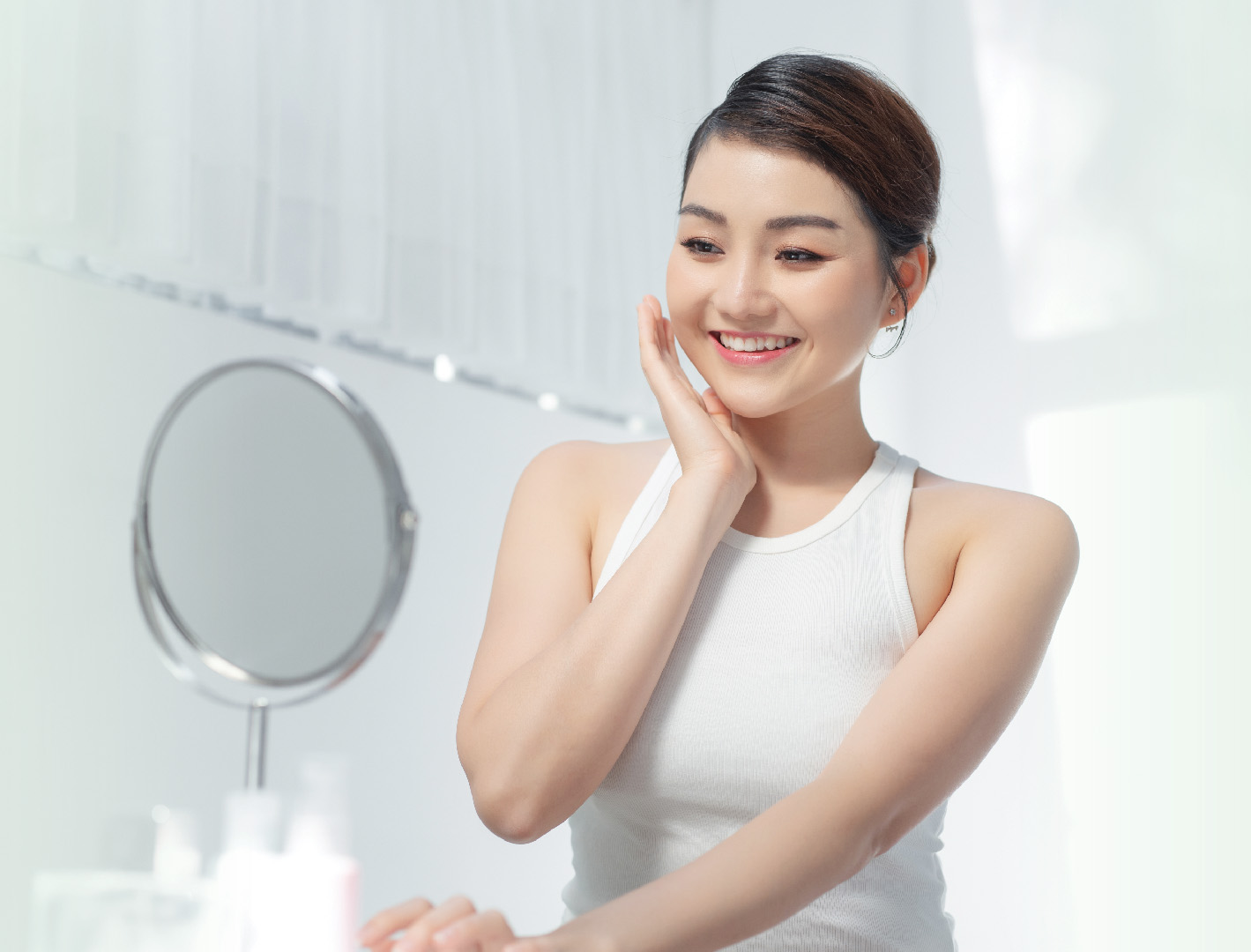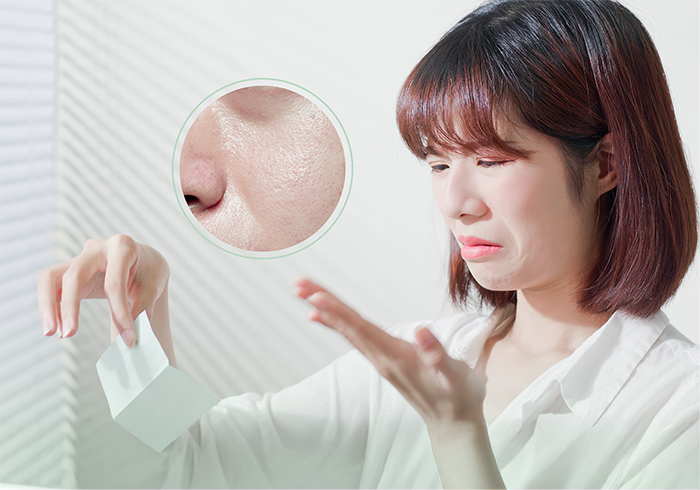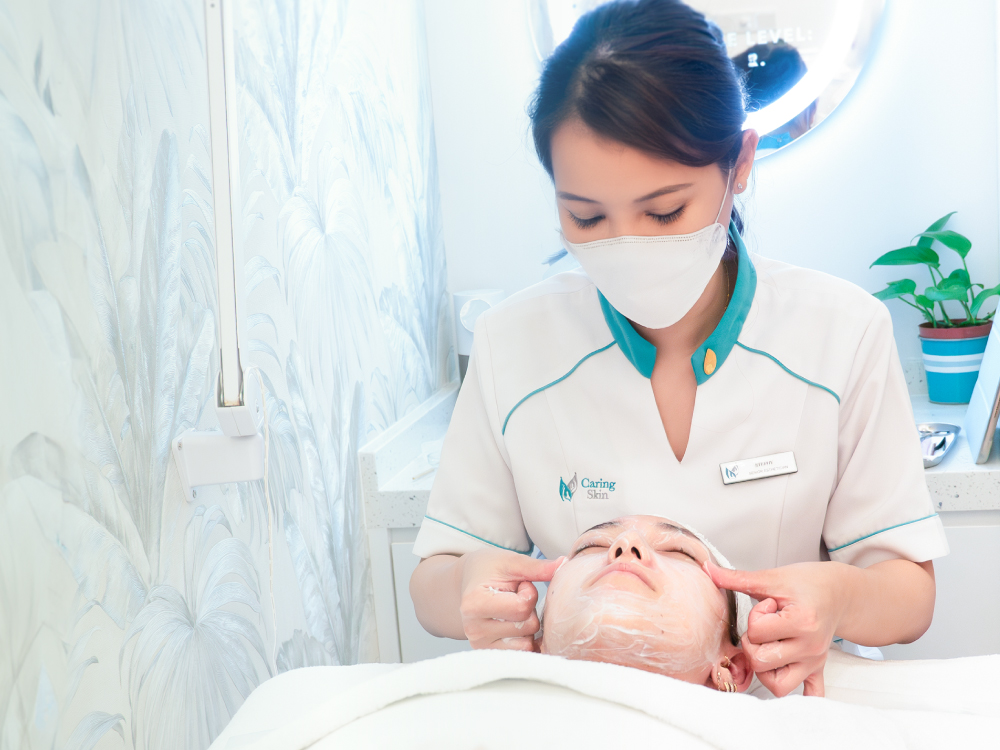"Beauty sleep" is not just a term but a phenomenon. Your skin repairs itself while you sleep, rejuvenating and restoring itself from the day's stress and damage.
An effective nighttime skincare routine that complements this process can boost your skin health and radiance.
This comprehensive guide aims to help you optimize your beauty sleep for healthier, more vibrant skin.
Understanding Your Skin's Nightly Routine
Your skin, the body's largest organ, operates on a circadian rhythm similar to your sleep-wake cycle.
At night, the skin's health is optimised due to increased blood circulation and an elevated temperature, making it more receptive to skincare products.
This is when most of your skin repairs occur. Moreover, the skin loses more water at night, which facilitates better absorption of active ingredients.
Recognising these factors, it becomes crucial to focus on creating a nighttime skincare routine that works with this natural regeneration process, helping your skin effectively absorb products while supporting its healing mechanisms.
The Ideal Nighttime Skincare Routine
Creating the perfect skincare routine for the night involves several key steps.
Remember that every product and step in the routine should aim to support the skin's natural repair and rejuvenation process.
1. Cleanse
Cleansing is a non-negotiable step in any skincare routine.
A cleanser removes not just makeup but also dirt, grime, and excess oil that accumulate throughout the day.
If left on your skin, these can trap dead skin cells and lead to dull skin and clogged pores. Use a gentle, pH-balanced cleanser to remove impurities without stripping your delicate skin of its natural oils.
Double cleansing, where you use an oil-based cleanser followed by a water-based cleanser, can ensure a deep clean without irritating the skin.
2. Tone
After cleansing, your skin needs balance. This is where a toner comes in. A toner helps restore the skin's pH levels, preparing your skin for the rest of your skincare routine.
It can also help remove any residual dirt or makeup. Choose a toner suitable for your skin type to avoid irritation and dryness.
3. Apply Active Ingredients
Nighttime is the perfect time to apply potent active ingredients since these products can often make your skin more sensitive to sunlight.
Depending on your skin concerns - be it dark spots, fine lines, or tired-looking skin - ingredients like retinol, hyaluronic acid, and vitamin C can significantly improve your skin health.
A particular area of concern for many people is the under-eye area. Dark circles can be tackled with a dedicated eye cream that's formulated specifically for this delicate area.
Some eye creams contain caffeine, which can boost blood circulation and lighten the appearance of under-eye circles.
4. Moisturize
Moisturizing helps seal in all the good stuff you've applied to your skin and prevents moisture loss while you sleep. Opt for a moisturizer or night cream that complements your skin type.
For instance, if you have dry skin, you might want to choose a rich, creamy moisturizer that hydrates intensively.
Conversely, if you have oily skin, a lightweight lotion or gel-based moisturizer would be a better choice.
5. Facial Oil
In the world of skincare, facial oils act as an occlusive - they create a barrier that helps seal in the moisture and all the products you've applied.
Applying a few drops of facial oil not only adds an extra layer of hydration but also prevents your skincare products from evaporating as you sleep.
Some facial oils also contain calming essential oils that can help soothe the skin and the senses, aiding in better sleep.
Customizing Your Nighttime Routine
Every individual's skin is unique, and therefore, what works for one person might not work for another. Customize your nighttime skincare routine based on your specific skin concerns and needs.
Experiment with different products and ingredients, and give them time to work. Remember, achieving glowing, healthy skin is a journey, not a destination.
Incorporating Lifestyle Factors
Skincare is not just about the products you apply to your skin.
Several lifestyle factors significantly impact skin health.
Staying hydrated, maintaining a balanced diet, regular exercise, and, importantly, getting a good night's sleep, are all crucial for achieving and maintaining healthy, glowing skin.
The Power of Sleep on Skin Health
One aspect worth mentioning is the direct impact of sleep on the skin.
Lack of adequate sleep can lead to increased stress hormones in the body that can increase the severity of inflammatory skin conditions such as acne or psoriasis.
Also, not getting enough sleep detrimentally affects the skin's moisture levels and lowers the pH levels in your skin, which is why your skin might look less youthful and have less of a glow when you're sleep deprived.
It's not called "beauty sleep" for nothing, after all!
Selecting the Right Ingredients for Your Nighttime Routine
Many nighttime skincare products contain ingredients that can boost the skin's natural night-time repair process.
Retinol, for instance, is a vitamin A derivative that can speed up cell turnover, helping to reduce the appearance of fine lines, wrinkles, and dark spots.
It also unclogs pores, making them look smaller and reducing the risk of acne.
Hyaluronic acid is another valuable skincare ingredient, especially for those with dry skin. This powerful humectant can hold up to 1,000 times its weight in water, helping to hydrate and plump the skin.
Vitamin C is a potent antioxidant that can neutralize harmful free radicals and boost collagen production. It can help repair damage from sun exposure and collagen loss by encouraging healthy cell turnover and regeneration.
Importance of Regular Exfoliation
Regular exfoliation is an important part of your nighttime skincare routine. By removing dead skin cells from the surface of your skin, you can prevent clogged pores and improve the effectiveness of the other products in your routine.
Consider incorporating a gentle chemical exfoliant, like an alpha or beta hydroxy acid, into your routine a few times a week.
Special Attention to Sensitive Areas
The skin around the eyes is thinner and more delicate than the rest of your face, making it prone to dryness, fine lines, and dark circles.
Using a nourishing eye cream can hydrate and protect this sensitive area.
Understanding the Effects of Aging on Your Skin
As we age, our skin changes. It loses elasticity, becomes thinner, and is less able to retain moisture. This can lead to wrinkles, dryness, and other signs of ageing.
Incorporating anti-ageing ingredients such as peptides, growth factors, and antioxidants into your nighttime skincare routine can help slow down the ageing process and keep your skin looking youthful.
By gaining a better understanding of how your skin works at night and what it needs, you can customize a more effective nighttime skincare routine.
Remember, skin care is not a one-size-fits-all, it's essential to pay attention to how your skin responds and make necessary adjustments along the way.
Takeaway
Nighttime skincare is not just a routine; it's a ritual of self-care. By following these steps, you can make the most out of your beauty sleep, allowing your skin to heal, regenerate, and rejuvenate efficiently overnight. The result? Waking up to skin that looks refreshed, rejuvenated, and ready to face a new day.
You may also want to explore acne treatments or sensitive skin facial treatments here in Singapore.
With this comprehensive guide, nighttime skincare doesn't have to be a mystery. Harness the power of your beauty sleep, and wake up to a radiant complexion that speaks volumes about your skin's health.








